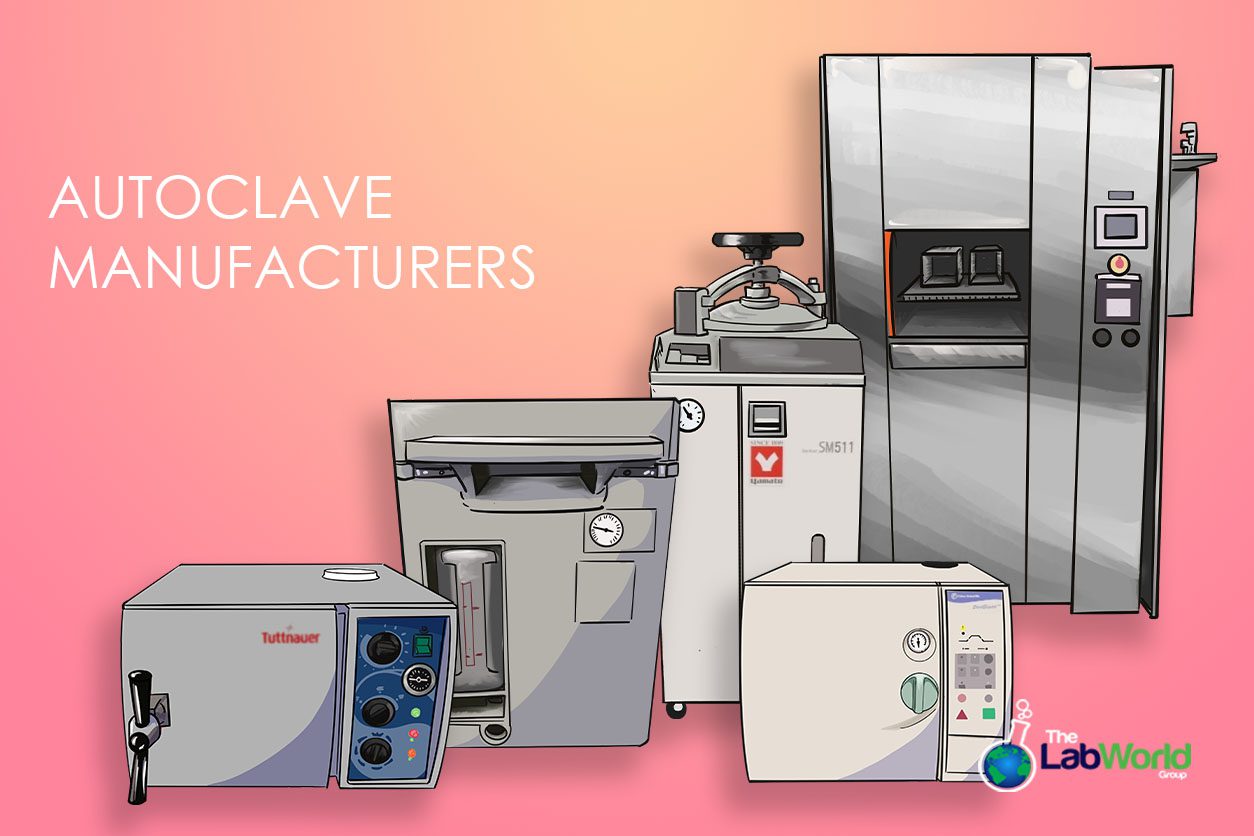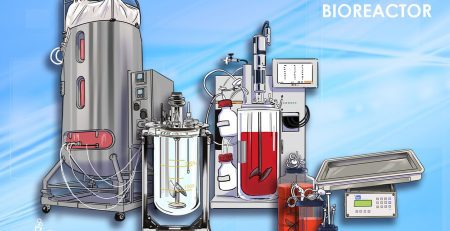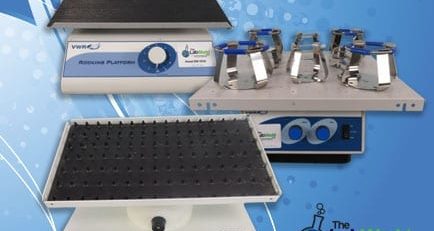
Manufacturers of Autoclaves
Amanda2024-05-10T12:56:57+00:00There are many manufacturers of autoclaves, but which one fits the needs of your laboratory? There are several questions to determine which autoclave best meets your requirements. How big do you need it to be? What type of equipment will you be sterilizing? Will the equipment be bagged or naked? Does your building have a house boiler, or do you need a steam generator? What is your budget? Whatever your needs, let us help you find a suitable autoclave.
How to Pick the Right Autoclave for You
Consider the chamber size and the types of tools you’ll be sterilizing. How many of these will you use in a day? Autoclaves come in all sizes, so it’s important to pick one large enough to accommodate your workload but fits in its designated space.
Will you work with non-porous tools like glassware, forceps, pipette tips, or porous and irregular items like animal bedding or cages? We must consider class N autoclaves for the former and class S or B for the latter.
Autoclave Manufacturers
Tuttnauer provides several high-quality autoclaves, including the T-Edge series, which are constructed of high-quality materials for longevity and designed to meet the highest sterilization standards. These small autoclaves fit on a bench or table and are appropriate for a small laboratory or dentist’s office. Tuttnauer also offers more spacious, freestanding autoclaves suitable for a larger facility.
Yamato autoclaves provides a wide range of laboratory equipment but offers a small line of sterilizers/autoclaves. Yamato’s autoclaves feature built-in cooling systems, ergonomic design, and intelligent programming. The built-in drying system is a nice feature of their SM line of autoclaves. In the lab, time is often spent waiting for sterilized items to air dry, and this system speeds up that process considerably.
TOMY, another Japanese manufacturer, offers a biohazardous waste autoclave. The SX-BH series of autoclaves inactivates laboratory waste, which could potentially cause infection, creating a secondary barrier to prevent the spread of disease in the lab and the general public. As the steam is released after cleaning an instrument, the steam and air are vented into a separate chamber of cooling water before exiting through a HEPA filter.
Benchmark Autoclaves are compact and meant to fit conveniently on the bench, keeping them at hand for everyday use. The automated operation is a simple start button, and they’re off and running. For safety, these autoclaves have mechanical and electrical safety that prevents accidental opening until all the pressure is released.
PHCBi offers a drop-in autoclave that is ideal for small-batch processing. The sterilizer is programmable for flexible control, allowing users to change their temperatures and times or select from 12 presets for quick starts. This Autoclave also features a recorded voice that alerts users to each step of the process. This Autoclave is also carefully designed to house an ample interior in a compact footprint, with a swing-open lid that allows total access and comfortable loading and unloading.
It’s not just research laboratory applications; autoclaves also have industrial diagnostic uses. The Boekel Scientific Cement Autoclave can expand and test Portland cement. Test cement rods are placed in the steel cylinder with heat insulation and a firmly bolted cover over a prescribed period of controlled pressure and temperatures. Users can then observe how the rods have changed.
Conclusion
Knowing your application needs is the first step to determining what Autoclave suits you. The size of your lab or office, the size of your instruments, and biohazard control all impact what instrument fits your needs.
At the Lab World Group, we’ve carried many autoclaves through the years, from benchtop to floor models, and we have extensive knowledge of their safety and effectiveness. Let us help you find the right sterilizer for the job!













